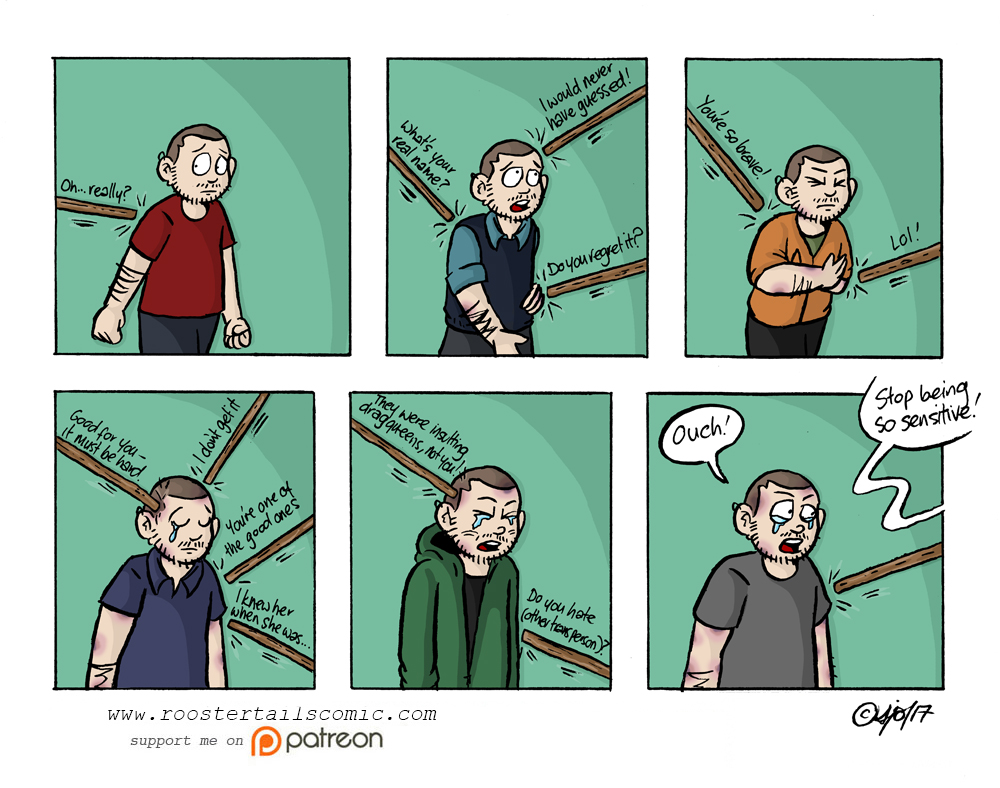How do we know when someone in our lives is trustworthy? Brene Brown, PhD, LMSW, uses the acronym BRAVING when talking about and assessing behaviors that allow us to trust others (and to trust in ourselves!). We’ve so far tackled the first two of the acronym, “Boundaries” and “Reliability.” Today we look at “Accountability.”
 Writing about accountability is a challenge for me, and so I’ve resisted writing this entry for a while. The reason, as you might expect, is because it hits too close to home for me. As Brene Brown describes it, accountability means “[y]ou own your mistakes, apologize, and make amends.” For most of us, the challenge in this is in admitting and facing our own mistakes without shame, without overly identifying with the mistakes as though they are an integral part of us. Without the ability to separate our actions from our own sense of self-worth, or who we are, owning our mistakes sincerely is too painful to be possible. And thus sincere apology, let alone making amends, becomes impossible to achieve. Once owning mistakes becomes possible, then—and only then—does apology and making amends become possible.
Writing about accountability is a challenge for me, and so I’ve resisted writing this entry for a while. The reason, as you might expect, is because it hits too close to home for me. As Brene Brown describes it, accountability means “[y]ou own your mistakes, apologize, and make amends.” For most of us, the challenge in this is in admitting and facing our own mistakes without shame, without overly identifying with the mistakes as though they are an integral part of us. Without the ability to separate our actions from our own sense of self-worth, or who we are, owning our mistakes sincerely is too painful to be possible. And thus sincere apology, let alone making amends, becomes impossible to achieve. Once owning mistakes becomes possible, then—and only then—does apology and making amends become possible.
In order to own our mistakes, we have to be vulnerable. We have to surrender to the idea that we might not always be right and that can be scary, especially if we fear that owning our mistakes will cause us to lose something important to us, such as respect, reputation, positive regard.
But what if we imagine for a moment that we can’t actually lose respect, reputation, or positive regard through owning our mistakes. What if instead, it is the case that the only way we actually can lose these things is through refusal to own our mistakes.
Then, of course, the choice is clear. We have no choice but to own and face our mistakes.
Now this raises an interesting question: what exactly can we be held accountable for? If I say or do something without the intent to harm (in fact I may have the intention to help!) and another person feels harmed, am I responsible? “Yes, and…”
The phrase “yes, and…” has become a go-to for me in most interpersonal situations, because for one, people are messy. People are complicated. Any time someone suggests to you a simple narrative regarding interactions between two people, it’s either a lie or a delusion. People are simply, inherently complicated. Accordingly, their conflicts will be as well.
 Yes. If I say or do something that someone experiences as harm, I am responsible for harm caused. Let’s look at the example of microaggressions, that is “brief and common daily verbal, behavioral, and environmental communications, whether intentional or unintentional, that transmit hostile, derogatory, or negative messages to a target person because they belong to a stigmatized group.”
Yes. If I say or do something that someone experiences as harm, I am responsible for harm caused. Let’s look at the example of microaggressions, that is “brief and common daily verbal, behavioral, and environmental communications, whether intentional or unintentional, that transmit hostile, derogatory, or negative messages to a target person because they belong to a stigmatized group.”
Few people actually intend to express racist, sexist, transphobic, anti-immigrant sentiments, and yet we all suffer from implicit bias. And so any of us can easily cause harm without intending to. (In case you are hoping that you are not biased, I encourage you to take one or more of the Harvard Project Implicit tests. They’re free and very informative).
How do we hold ourselves accountable for biases we don’t know we have? For consequences we didn’t anticipate or intend? What do we do if we genuinely believe we’re not at fault?
Embrace the “Yes, and…”. Even if it is true that we may not be at ‘fault’, it is still the case that the other person’s experience is they were hurt or wronged by us. Not owning some part of the interaction leaks trust from that relationship. We can accept that we all have biases. We can accept that another person’s pain and suffering in response to our actions is worth feeling compassion for. We can accept that we can make mistakes and still be a ‘good’ person. And we can accept that owning our mistakes makes us, in fact, a more trustworthy person, someone more worthy of respect, positive regard, and good reputation.

We can choose to respond with compassion, rather than defensiveness. We can choose to try to understand the other side, rather than placing all of the responsibility on the other person. We can resist the urge to shame and blame the other person for their feelings.
And, we can choose to allow accountability to bring us closer to others, rather than to divide us. We can use accountability to cultivate trust.
What are your thoughts on how to hold ourselves accountable in complex situations? How do we reconnect with others when their experience differs from ours? Share your thoughts below.
